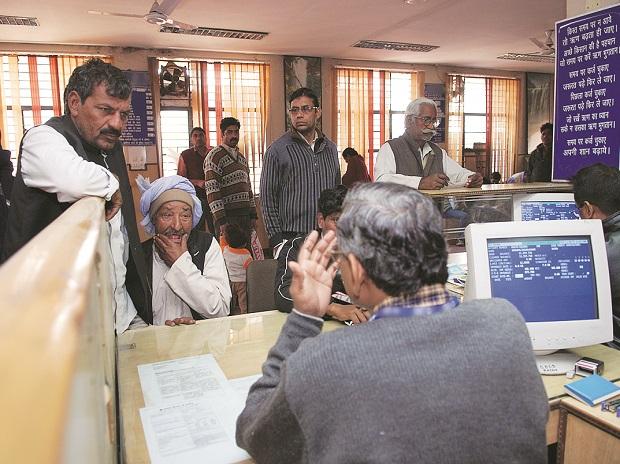“Most of the RRBs are well capitalised after receiving the recapitalisation of Rs 10,890 crore in FY23, and at present, the focus is on operational and governance reforms,” a senior finance ministry official told Business Standard.
The official added that merger discussions have also been affected due to the upcoming elections. “CCI exemption is an enabling mechanism, but the decision will depend upon the performance of RRBs going forward,” he added.
The exemption dispensation from prior scrutiny and approval of CCI would be available for five years, the Corporate Affairs Ministry (MCA) said in an executive order in July this year. A similar relief was granted by the corporate affairs ministry in 2017 for a five-year period.
The majority of the RRBs, after the funds infusion, have a Capital Adequacy Ratio (CAR) above 13 per cent, which shows strengthening of their balance sheet.
“The finance ministry and NABARD are working with RRBs to upgrade their technology by offering internet banking services, core banking solutions, and onboarding them on account aggregator platforms. The sponsor banks have also told RRBs to focus on (loan) recovery,” the official added.
The central government holds 50 per cent in RRBs, while the relevant sponsor banks and state governments own 35 per cent and 15 per cent, respectively.
As of 31 March 2022, there were 43 RRBs sponsored by 12 scheduled commercial banks (SCBs) with operations extending to 297 million deposit accounts and 27 million loan accounts. Of the RRB branches, 92 per cent are in rural or semi-urban areas.
The RRBs together recorded a net profit of Rs 3,219 crore in 2021-22, up 91.4 per cent from Rs 1,682 crore in the previous year, showed the data by NABARD. They had, however, incurred losses of Rs 2,208 crore in 2019-20.
In recent meetings with RRBs, Finance Minister Nirmala Sitharaman advised RRBs to bolster their current and savings account (CASA) ratio and capitalise on the account aggregator framework, particularly for extending credit to the allied agricultural sector, such as fisheries and animal husbandry, as well as providing loans to street vendors under the PM SVANidhi scheme.
According to a NABARD report, the recapitalisation aims to revitalise RRBs with sufficient growth capital to facilitate their reinvention as sustainable and self-sufficient financial institutions leading growth and change in rural areas.











